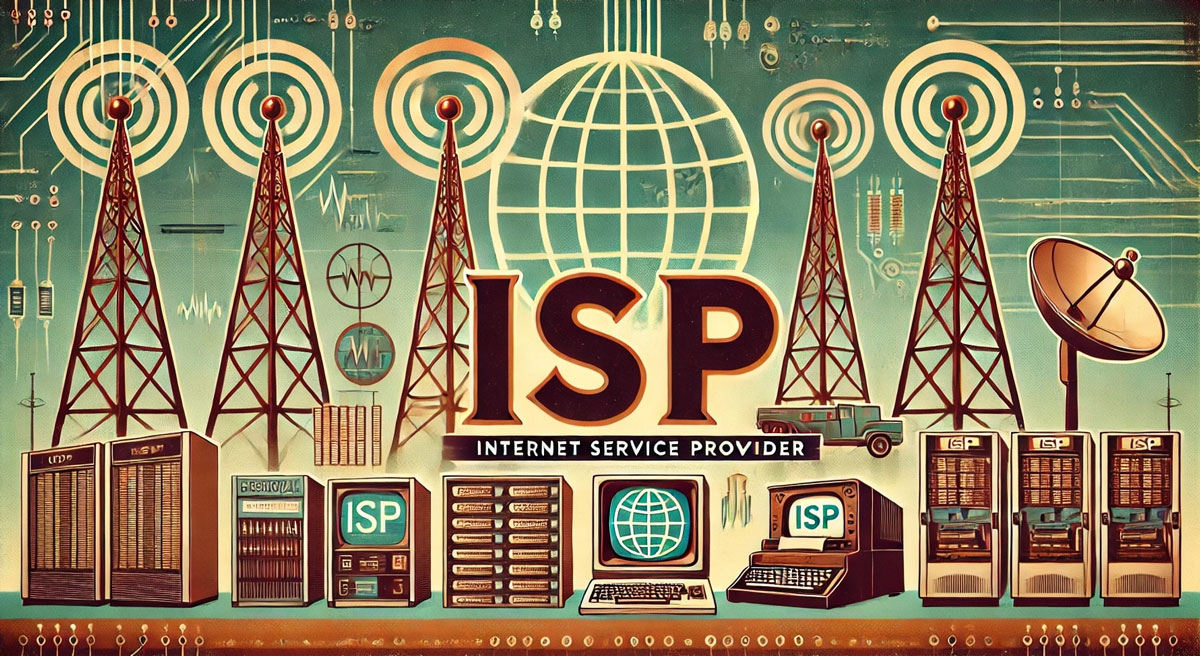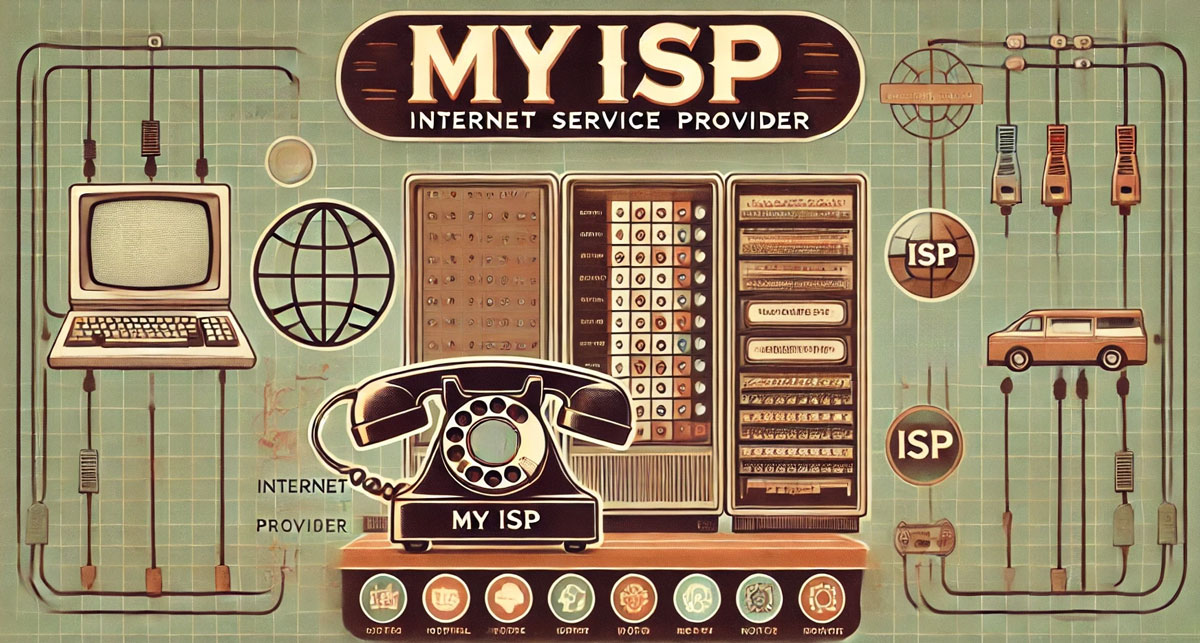What is an Internet Service Provider (ISP)?

Introduction
An Internet Service Provider (ISP) is a company that provides individuals and businesses with access to the Internet. Without an ISP, you wouldn't be able to browse websites, check your email, or engage in any online activities. ISPs are the gateway between your devices and the vast network that makes up the internet. You can use our ISP Lookup tool to learn more about your internet provider.
Understanding the Basic Function of ISPs
At its core, an ISP's primary responsibility is to provide internet access to its subscribers. Think of your ISP as a bridge between your home network and the wider internet. When you connect to your ISP's network, they assign each of your devices an IP (Internet Protocol) address and connect you to larger networks until you can access the global internet.
While internet access is their main function, many ISPs offer additional services including:
- Email hosting and management
- Web hosting capabilities
- Domain name registration
- Television or cable access
- Phone services
How Do ISPs Work?
ISPs function through complex network systems. The internet itself is essentially a series of interconnected networks, and your ISP manages your connection to this broader system. Here's how it works:
- When you connect to your ISP's network, they assign your device an IP address
- Your ISP maintains the infrastructure (cables, servers, routers) needed to connect you to the internet
- They route your internet traffic to its destination
- They resolve domain names and maintain the network infrastructure
- They ensure data transfers between your device and the internet happen nearly instantaneously
The process of connecting to the internet through an ISP happens through various types of connections, including cable lines, fiber optic cables, or wireless signals, depending on your service type and location.
How to Find Your ISP
If you're wondering "Who is my Internet Service Provider?", there are several ways to find out. The simplest method is to use our ISP Lookup tool, which can instantly show you:
- Your current ISP's name
- Your IP address
- Your approximate location
- Additional network information
You can also find your ISP information through your billing statements or by checking your router's settings. Most modern devices will show your ISP information in their network settings, or you can use our ISP Lookup tool for quick results.
Privacy and Security Considerations
ISPs play a crucial role in online privacy and security. Under the Digital Millennium Act, ISPs are required to maintain logs of all internet activity made using their service. This means your ISP stores:
- Records of your online activity
- Internet traffic data
- Data shared and received by devices on your network
It's important to understand that while ISPs monitor network activity for security purposes, they should also protect users from cyber threats and warn them of potential risks. Many users choose to use VPN services to encrypt their data and maintain privacy from ISP monitoring.
Conclusion
Your ISP is essential to your internet experience, acting as the gateway between your devices and the online world. Understanding how ISPs work can help you make better decisions about your internet service and troubleshoot connection issues when they arise. Whether you're browsing websites, streaming videos, or sending emails, your ISP is working behind the scenes to keep you connected to the global network we call the internet.
Remember that while ISPs provide crucial services, it's important to be aware of both their capabilities and limitations, especially regarding privacy and security. Being an informed consumer can help you make the best choices for your internet needs while protecting your online privacy.


